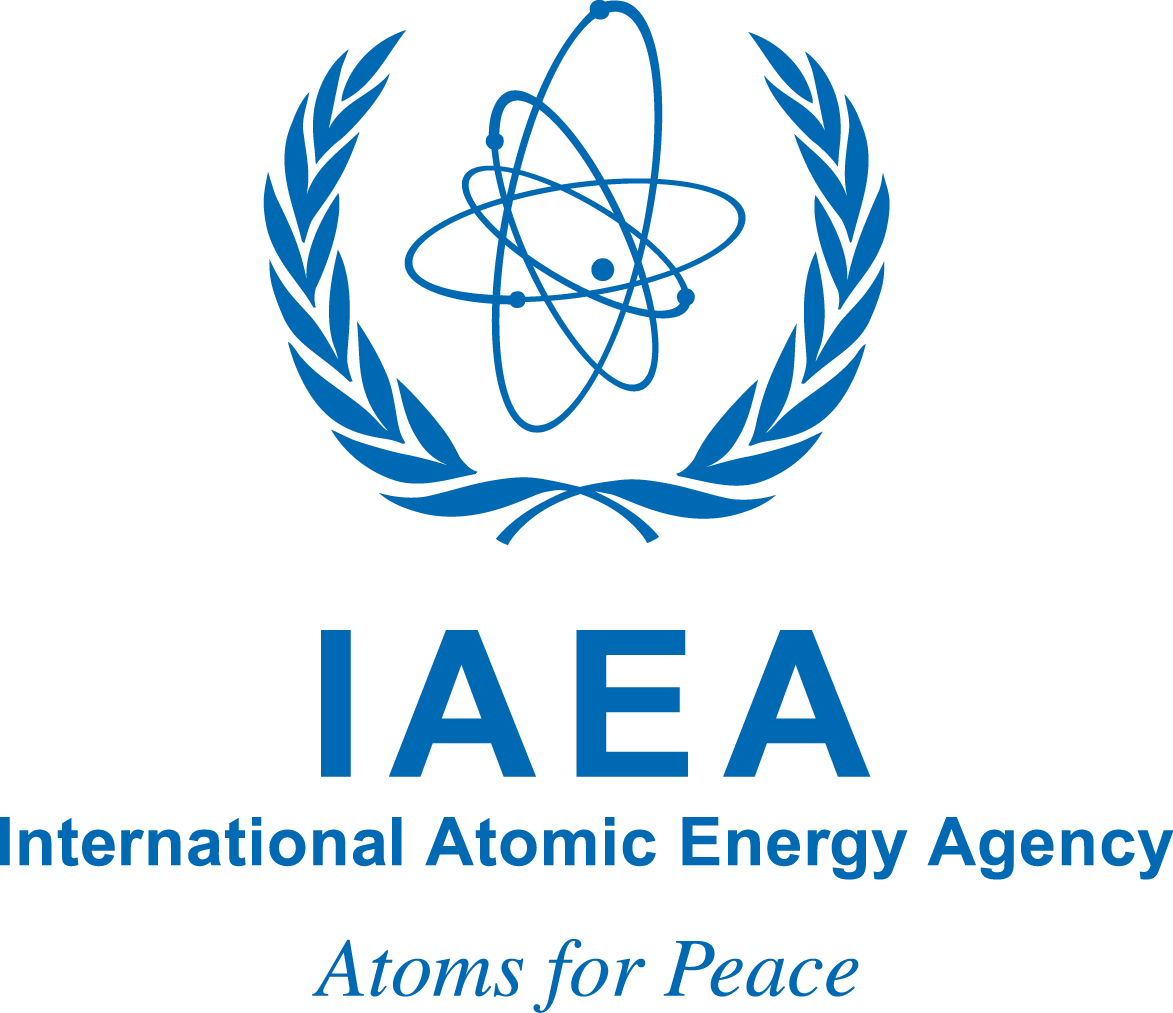Part 2 of 2 Parts (Please read Part 1 first)
In May 2018, President Trump withdrew the U.S. from the Iran nuclear agreement, formally known as the Joint Comprehensive Plan of Action (JCPOA),
State Antony Blinken is the U.S. Secretary of State. He told the New York Times: “I think it was a big mistake to tear up the Iran nuclear agreement. We had Iran’s nuclear program in a box. Since the agreement was torn up, it escaped from that box, and we’re now at a place where we didn’t want to be because we don’t have the agreement. So, I think that was deeply unfortunate.”
When asked for his comments, Robert Kelley, Distinguished Associate Fellow at the Stockholm International Peace Research Institute (SIPRI) told IDN by “going nuclear” I assume you mean gaining nuclear weapons? No closer than it ever has.”
He claimed that enriching uranium is not a nuclear weapons design activity. It is just materials production. Sixty percent enriched uranium is well below the threshold for a useful nuclear weapon that Iran could deliver by any means other than a truck or cargo plane.
The CIA and informed analysts have not detected a nuclear weapons program in Iran. They are a well-developed country and could be lured out of complacency by activity in the region, said Kelley, a Former Director at the IAEA and Former Nuclear Weapons Engineer at Los Alamos and Livermore National Laboratories
Referring to the statement by the four big powers, Kelley said that the IAEA findings represent a backwards step by Iran and will result in Iran tripling its monthly production rate of uranium enriched up to sixty percent. The four countries remain committed to a diplomatic solution and reaffirm their determination that Iran must never develop a nuclear weapon. Kelley said: “This is a true statement but not useful.”
He pointed out that even with three times the production rate, Iran has accumulated material that still needs further processing to be useful for a weapon. It is simply not useful at present for a weapon without more processing.
Kelley went on to say that “If the countries were truly committed to a diplomatic solution, they would not have observed the US decision to stop complying with the JCPOA. JCPOA was an agreed international restriction, it was working extremely well, and it was the US, not Iran, that dropped out of compliance.”
“Note that the IAEA still has regular complete access to the enrichment facilities of Iran and they are the ones reporting their very detailed observations on Iran’s activities. It is truly ironic that it is the IAEA that is in the field doing regular inspections under the Nuclear Non-proliferation Treaty and that the four states are complaining about Iran! IAEA bottom line is that what Iran is doing is legal and transparent in keeping with its treaty obligations.”
When asked about Israel, Kelley said that Israel’s ‘strength’ is that it certainly has nuclear weapons, although it resists saying so. “Is that really a strength or a weakness? It is a bludgeon that is extremely hard to use and has no solution to their current distress. By the way, Pakistan is not in the “Middle East”, but it borders Iran on the other side and Iran hit Pakistan with missiles yesterday. Iran has nuclear neighbors to the east and west so maybe they are nervous”.
